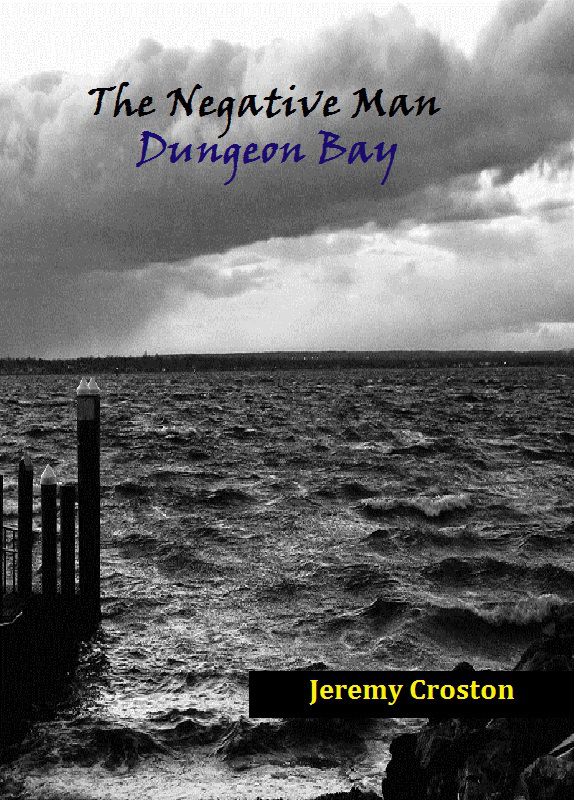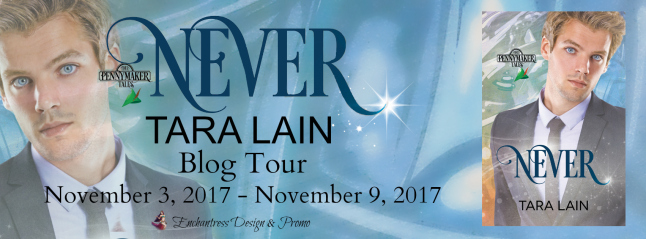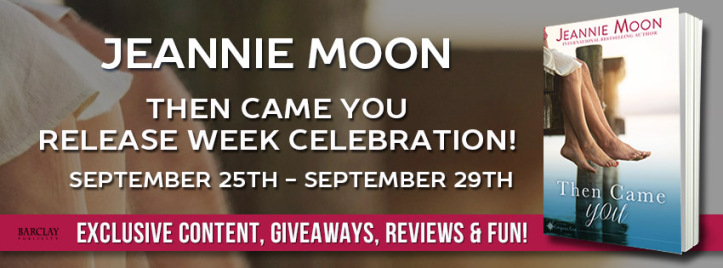
The House at Midnight by Lucie Whitehouse
published in 2008
★★☆☆☆
This was such a guilty pleasure book and I would have had no problem with giving it a higher rating along the lines of ‘this wasn’t a literary masterpiece but I thoroughly enjoyed it,’ but the problem is I didn’t. It started out at about a 4 star level (I really was in the mood for something light after reading mostly classics lately) and I was prepared to forgive its many flaws, but ultimately the list of complaints just piled up too high. Sorry Lucie Whitehouse, I tried.
The House at Midnight chronicles a year in the life of a group of friends, one of whom, Lucas, recently inherited a mansion in a small English town, following his uncle’s suicide. The story focuses on Joanna and her relationship with Lucas as it shifts from friendship to romance, and the tension and betrayal that follows.
An abridged list of grievances:
– The author’s attempts at rendering the house as a dark and sinister force are almost embarrassingly heavy-handed. We can’t go a full ten pages without Jo reflecting on how the house feels like a sentient being. Okay, Joanna, we get it.
– The mystery of Lucas’s family history took a backseat and instead we get 200 pages of relationship drama, before the author seems to remember the story’s core mystery, which is hastily wrapped up in the final pages.
– It’s almost like Lucie Whitehouse had a Point A and a Point B in mind for this story, but didn’t know how to get from one to the other. The narrative meanders in an awkward, directionless fashion, focusing on all sorts of weird, irrelevant details. There was something off about the pace, too; we’d spend four chapters on a single evening and then randomly skip ahead two months. It was hard to keep track of at times.
– The characters, though initially compelling, end up being rather underdeveloped. Jo doesn’t have much of a personality, Danny’s villainy is never fully examined, Michael is a complete nonentity, Rachel disappears altogether, and Lucas hovers in the grey area between victim and villain, but I was unable to care one way or the other. If you’re someone who needs your characters to be likable, you’re going to hate this book. I’m not that reader, so I was able to enjoy certain elements of the group dynamic presented here, but by the end I was underwhelmed, especially since these characters started out with a lot of potential.
– The lazy depiction of feminism as a hindrance to Jo experiencing the sort of romance and sex life she craves is just embarrassing. There are literally lines like ‘I thought the idea of being pregnant with his child was sexy, and the inner feminist in me shuddered’ (not a verbatim quote but pretty damn close).
– The book ends on a cliffhanger, which is totally fine! But here’s the thing: the narrative is told in the first person past tense, complete with lines like, ‘Years later, I wasn’t sure how I managed to drive the car home without getting in an accident’ and ‘Even now, I can’t remember what happened in the week that followed.’ This means Joanna is looking back on these events years after the fact, and if that’s the case, why would she stop her narrative right in the middle of an event? The cliffhanger is completely incongruous with the way the rest of the story is told. Writers, take note. Tense and number aren’t arbitrary, irrelevant factors; they have to suit the narrative. Present tense would have been a much more appropriate choice here.
All that said, parts of this book were certainly gripping and addicting. Reading through some reviews on goodreads, I do think this book suffered especially from its comparison to Donna Tartt’s The Secret History and Daphne du Maurier’s Rebecca. The similarities with those two books lie solely in the themes and setting, not the way they’re presented. That isn’t Lucie Whitehouse’s fault. Books are compared to other books in order to sell, and sometimes this backfires. I initially wanted to be able to give this a higher rating for that reason. But there was just too much potential here and not enough payoff.
+ link to review on goodreads
Advertisements Share this:




